Bienvenido a esta guía de comandos Linux por categorías, para facilitar su aprendizaje y aplicación. Aquí encontrarás explicaciones claras, ejemplos prácticos y casos de uso reales que te ayudarán a dominar desde tareas básicas hasta funciones avanzadas del sistema operativo. Ya seas un usuario principiante, un administrador de sistemas o un profesional DevOps, este blog te servirá como referencia rápida y herramienta de estudio. Explora comandos esenciales para monitoreo, gestión de usuarios, redes, procesos, seguridad, automatización y mucho más.
Comandos Linux por categorías
- Información y monitorización del sistema
- Gestión de usuarios
- Gestión de archivos y directorios
- Compresión de archivos
- Gestión de paquetes
- Redes
- Gestión de discos y particiones
- Gestión de procesos
- Procesamiento de textos
- Permisos y propiedad
- Seguridad y acceso
- Desarrollo y scripting
- Resolución de problemas y registros
- Automatización y programación de trabajos
- Gestión de sistemas y servicios
- Integridad de archivos y copias de seguridad
- Containerización y virtualización
- Infraestructura como código (IaC)
- Ajuste del rendimiento
- Gestión de bases de datos
- Herramientas de desarrollo y depuración
- Control de versiones y colaboración
- Copias de seguridad y recuperación
- Pruebas de redes y seguridad
- Análisis de sistemas de archivos
- Nube y gestión remota
- Cifrado de disco
- Gestión de núcleos y controladores
- Herramientas de compilación y creación
- Permisos avanzados y SELinux
Información y supervisión del sistema
uname -a #Display kernel and system information.
hostname #Show or set the system hostname.
uptime #Show system uptime and load average.
htop / top #Display real-time system processes.
vmstat #Report system performance metrics.
free #Display memory usage.
df #Show disk usage.
du #Estimate file and directory sizes.
iostat #CPU and I/O statistics.
sar #Collect, report, or save system activity.Gestión de usuarios
who #Show who is logged in.
whoami #Display current user.
id #Display user ID (UID) and group ID (GID).
adduser / useradd #Add a new user.
passwd #Change a user's password.
usermod #Modify user accounts.
deluser / userdel #Remove a user.
groupadd #Add a new group.
groups #Display groups of a user.
su #Switch user.
sudo #Execute commands as another user (usually root).Gestión de archivos y directorios
ls #List directory contents.
cd #Change directory.
pwd #Print the current directory.
mkdir #Create a directory.
rmdir #Remove an empty directory.
rm #Remove files or directories.
cp #Copy files or directories.
mv #Move or rename files.
find #Search for files in a directory.
locate #Find files using a pre-built index.
touch #Create an empty file.
stat #Display detailed file information.
file #Determine file type.Compresión de archivos
tar #Archive files.
gzip #Compress files using Gzip.
gunzip #Decompress Gzip files.
zip / unzip #Compress or extract files in ZIP format.
xz / unxz #Compress or decompress XZ files.
7z #Work with 7z compressed files.
bzip2 / bunzip2 #Compress or decompress Bzip2 files.Gestión de paquetes
Debian-based (Ubuntu, etc.)
apt update #Update package lists.
apt upgrade #Upgrade installed packages.
apt install #Install a package.
apt remove #Remove a package.
dpkg #Manage low-level package operations.RHEL-based (CentOS, Rocky, etc.)
yum #Manage packages (deprecated).
dnf #Manage packages (modern replacement).
rpm #Query, install, or remove packages.Redes
ip a #Display network interfaces and IP addresses.
ping #Test network connectivity.
curl #Transfer data from or to a URL.
wget #Download files from the internet.
netstat / ss #Display network connections.
traceroute #Trace the route packets take to a host.
nslookup #Query DNS records.
dig #Query DNS servers.
scp #Securely copy files over SSH.
rsync #Sync files locally or remotely.
ifconfig #View or configure network interfaces (deprecated).Gestión de discos y particiones
lsblk #Display block devices.
blkid #Show information about block devices.
fdisk #Partition disks.
parted #Manage partitions.
mount #Mount a filesystem.
umount #Unmount a filesystem.
fsck #Check and repair filesystems.
mkfs #Create a filesystem.
df #Show disk space usage.
du #Estimate file and directory sizes.Gestión de procesos
ps #Display process information.
top / htop #View and manage running processes.
kill #Terminate a process by PID.
killall #Terminate processes by name.
jobs #List background jobs.
bg #Resume a job in the background.
fg #Resume a job in the foreground.
nice # Start a process with a priority.
renice #Change the priority of a running process.Procesamiento de texto
cat #Display file content.
less / more #View file content page by page.
head #Show the first lines of a file.
tail #Show the last lines of a file.
grep #Search text using patterns.
sed #Stream editor for modifying text.
awk #Text processing and data extraction.
cut #Remove sections of text lines.
sort #Sort lines in text files.
uniq #Filter out repeated lines.
wc #Count lines, words, or characters.
tr #Translate or delete characters.Permisos y propiedad
chmod #Change file permissions.
chown #Change file owner and group.
chgrp #Change group ownership.
umask #Set default file permissions.
ls -l #List files with detailed permissions.Seguridad y acceso
firewalld / ufw #Manage firewalls.
iptables #Configure packet filtering.
ssh #Securely connect to remote systems.
fail2ban #Prevent brute force attacks.
gpg #Encrypt and sign data.
openssl #Manage SSL/TLS certificates and encryption.Desarrollo y scripting
gcc #Compile C programs.
make #Build programs using Makefiles.
python / perl / ruby / bash #Execute scripts.
vim / nano / emacs #Edit text files.
git # Version control system.Resolución de problemas y registros
dmesg #Display kernel messages.
journalctl #Query and display system logs.
tail -f /var/log/syslog #View live log updates.
strace #Trace system calls of a program.
lsof #List open files.
tcpdump #Capture and analyze network packets.Automatización y programación de trabajos
cron #Schedule periodic tasks.
crontab -e #Edit cron jobs.
at #Schedule a one-time task.
systemctl enable / disable #Manage service startup.
nohup #Run a command immune to hangups.Gestión de sistemas y servicios
systemctl #Manage systemd services.
service #Manage services (older systems).
shutdown / reboot #Power off or restart the system.
init #Change runlevels.
runlevel #Check the current runlevel.Integridad de archivos y copias de seguridad
md5sum / sha256sum # Compute file checksums.
rsync #Synchronize files and directories.
tar #Archive and compress files.
scp #Securely copy files.
dd #Low-level file copying.Containerización y virtualización
docker # Manage containers (e.g., docker ps, docker run).
podman #Alternative to Docker for managing containers.
kubectl #Manage Kubernetes clusters.
virt-manager #GUI for virtual machines.
oc #Manage Openshift clusters.
virsh #Manage virtual machines from the command line.Infrastructure as Code (IaC)
terraform #Manage infrastructure resources as code (e.g., terraform apply).
ansible #Automate configurations and deployments (e.g., ansible-playbook).
vagrant #Create and configure lightweight, reproducible virtual machines.Ajuste del rendimiento
sysctl #Modify kernel runtime parameters.
tuned-adm #Manage system performance profiles.
perf #Analyze performance bottlenecks.
iotop #Monitor disk I/O by processes.Database Management
mysql / mariadb #Manage MySQL/MariaDB databases.
psql #PostgreSQL interactive terminal.
mongosh #MongoDB shell.
redis-cli #Redis command-line interface.Herramientas de desarrollo y depuración
gdb #Debug C/C++ applications.
valgrind #Memory debugging and profiling.
strace #Trace system calls.
ltrace #Trace library calls.Control de versiones y colaboración
git #Version control (e.g., git clone, git commit).
svn #Subversion version control.
gh #GitHub CLI.Copias de seguridad y recuperación
rsync # Synchronize and backup files.
restic #Fast, secure backups.
borg #Deduplicating backup program.
dd #Create low-level backups of disks.Pruebas de redes y seguridad
nmap #Network scanner.
netcat / nc #Network tool for debugging and testing.
tcpdump #Capture network traffic.
openssl #Encrypt and secure communications.
nikto #Web server scanner.Análisis de sistemas de archivos
fsck #Filesystem consistency check.
e2fsck #Ext2/ext3/ext4 filesystem checker.
tune2fs #Modify ext filesystem parameters.Cloud
aws #CLI tools for managing AWS.
gcloud #CLI tools for managing Google Cloud.
az # CLI tools for managing Azure.Cifrado de disco
cryptsetup #Manage LUKS disk encryption.
dm-crypt #Configure disk encryption layers.
veracrypt #Open-source disk encryption.Gestión de núcleos y controladores
modprobe #Add/remove kernel modules.
lsmod #List loaded kernel modules.
dmesg #Debug kernel messages.Herramientas de compilación y creación
make #Automate build processes with Makefiles.
cmake #Build systems for C++ projects.
autoconf #Generate configure scripts for software.Permisos avanzados y SELinux
getfacl / setfacl #Manage extended ACLs.
semanage #Manage SELinux policies.
getenforce / setenforce #Get or set SELinux modes.Con esta guía de comandos Linux por categorías conseguirás dominar una habilidad esencial para cualquier profesional que trabaje con servidores, infraestructura o entornos DevOps. A lo largo de este blog, has explorado las herramientas clave organizadas por categorías, lo que te permitirá acceder rápidamente a lo que necesites, cuando lo necesites. Ya sea para automatizar tareas, resolver problemas o mejorar el rendimiento del sistema, tener este conocimiento al alcance marcará una gran diferencia en tu día a día. Sigue explorando, practicando y ampliando tu toolbox de comandos: el verdadero poder de Linux está en la terminal.
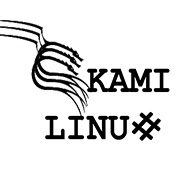
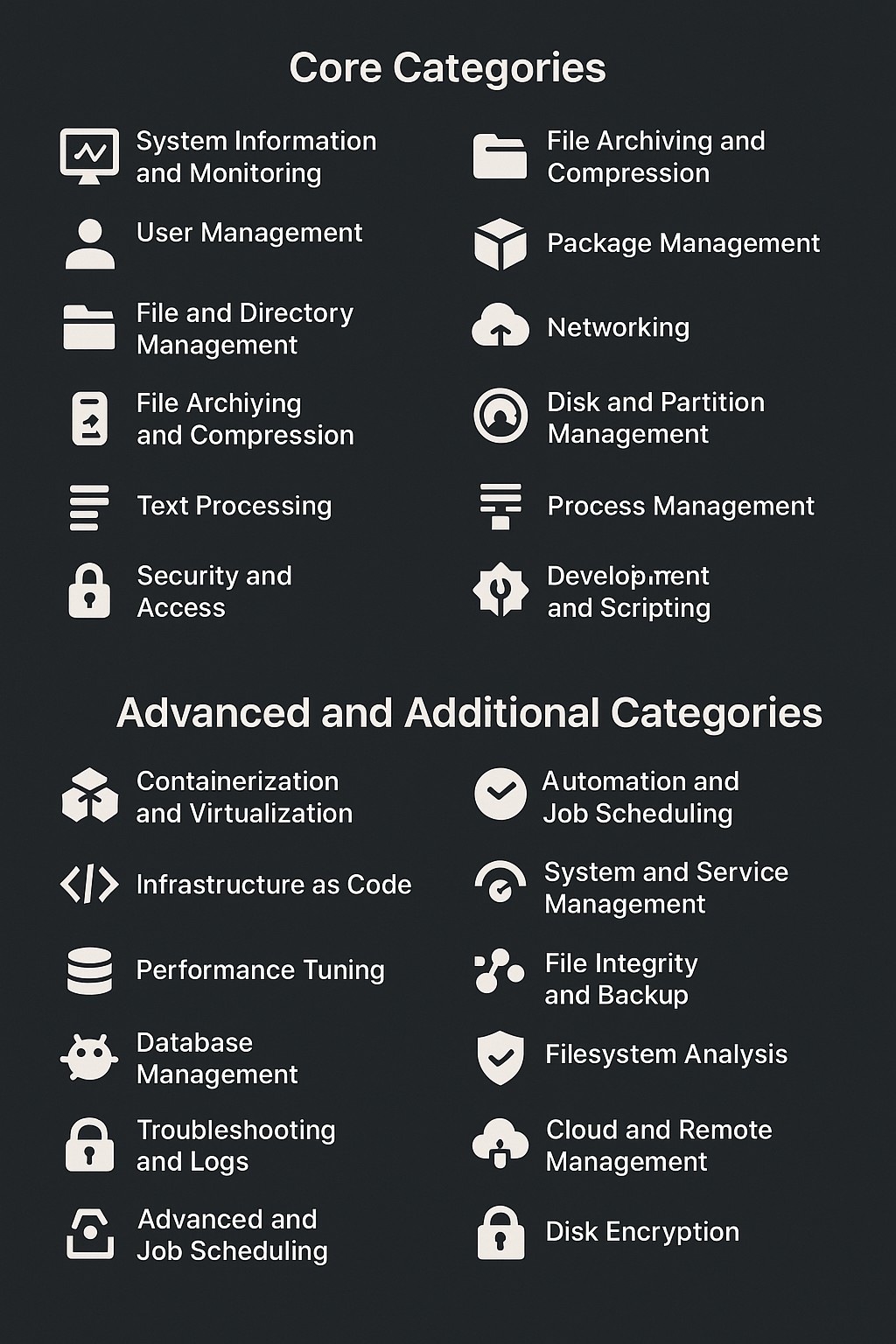
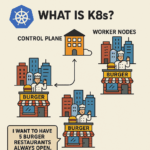


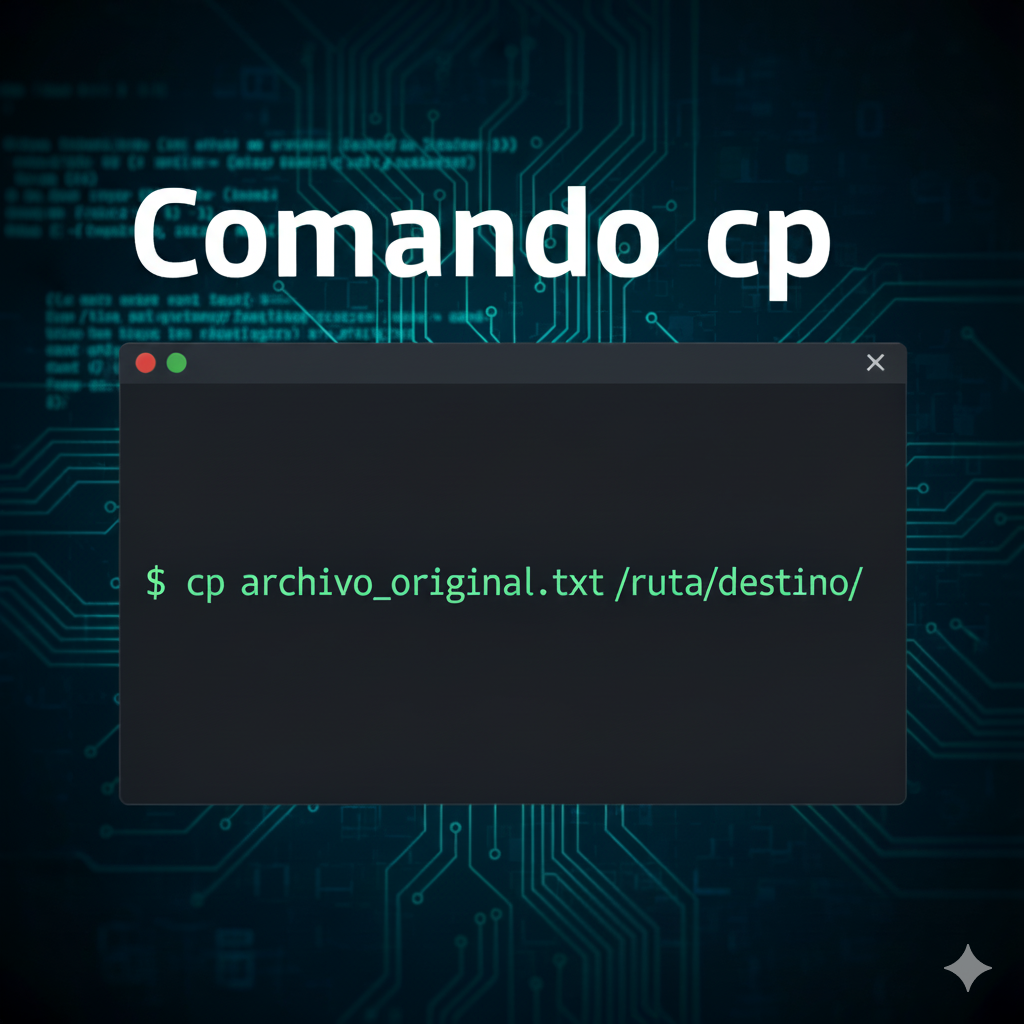
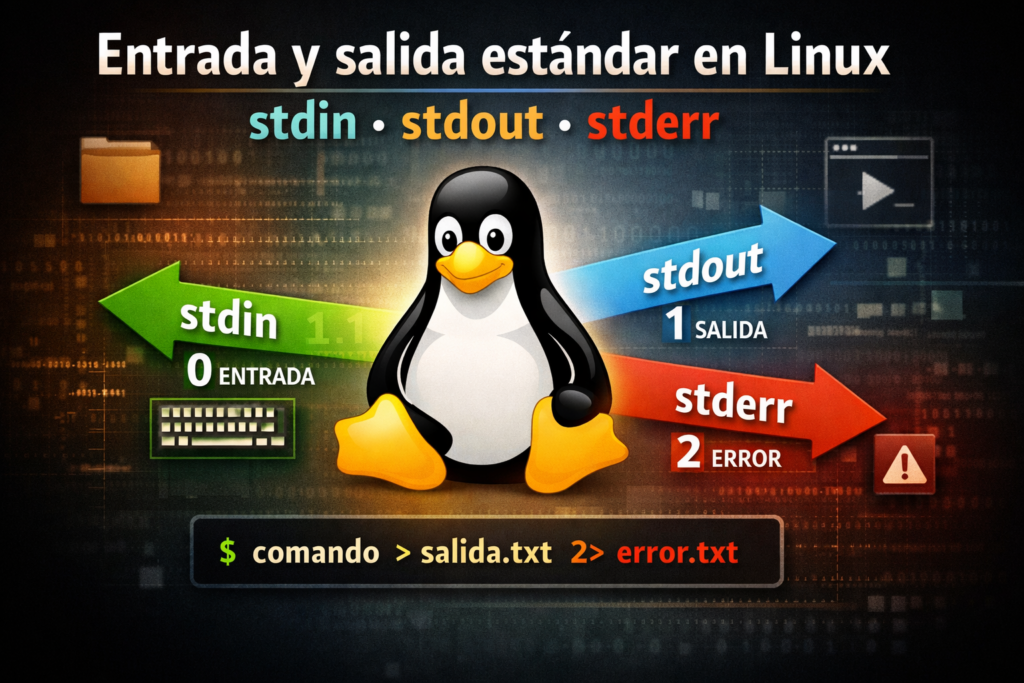
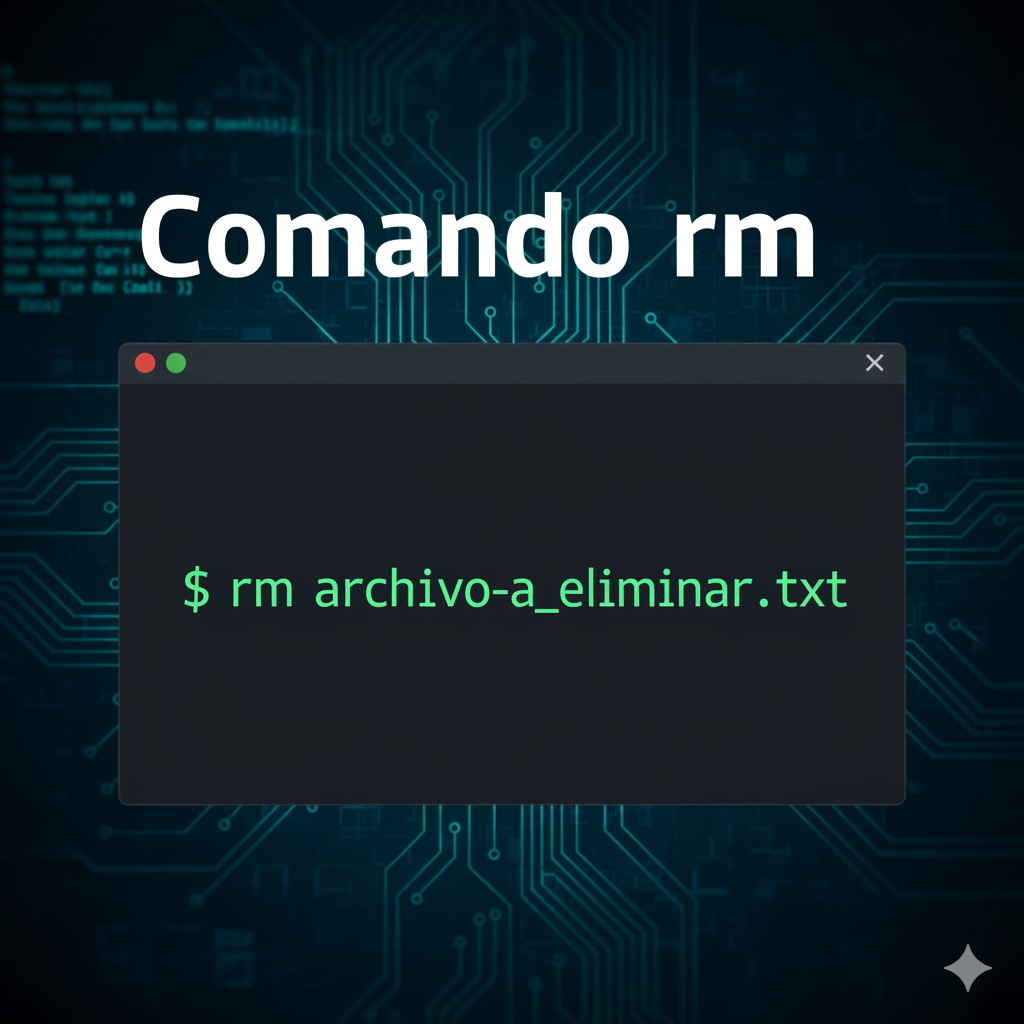
Pingback: Comando stat: Análisis detallado de archivos en Linux : Kamilinux
Pingback: Comandos de seguridad informática : Kamilinux
Pingback: Todo sobre el comando pwd: Opciones y Ejemplos Prácticos : Kamilinux
Pingback: Conceptos básicos de usuarios y grupos en Linux : Kamilinux
Pingback: Opciones esenciales del comando ls para SysAdmins : Kamilinux
Pingback: Usuarios del sistema en Linux : Kamilinux
Pingback: Comando cd: muevete entre directorios como un pro : Kamilinux
Pingback: Archivos importantes para la configuración de usuarios en Linux : Kamilinux
Pingback: Domina el comando touch: guía práctica en Linux : Kamilinux
Pingback: Creación y eliminación de usuarios en Linux : Kamilinux
Pingback: Domina el comando mkdir: gestión de directorios : Kamilinux
Pingback: Curso de Linux 2025 | GRATIS : Kamilinux
Pingback: Creación y eliminación de grupos en Linux : Kamilinux
Pingback: Comando rmdir: eliminando directorios vacíos : Kamilinux
Pingback: Comando rm: Eliminar archivos de forma segura : Kamilinux
Pingback: Aprende a usar el comando cp para gestionar archivos en Linux : Kamilinux